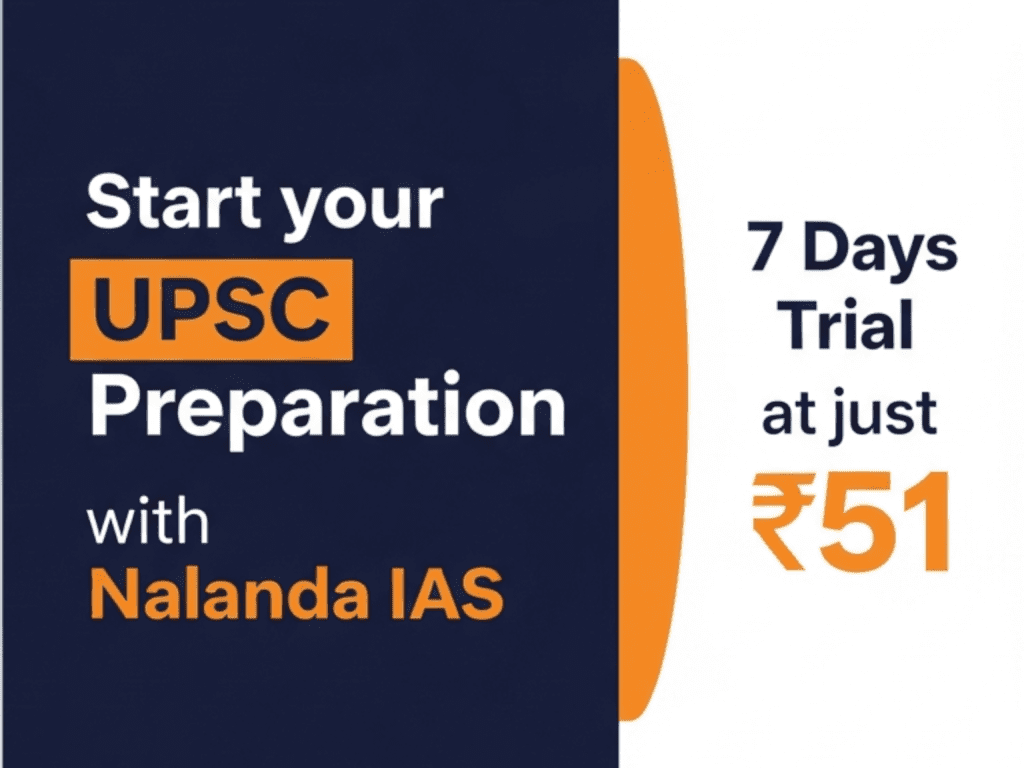7 major difference between early-start preparation and late-start preparation

7 major difference between early-start preparation and late-start preparation
1. Time Availability
- Early Start Preparation:
- Plenty of time to cover the syllabus.
- Scope for multiple revisions.
- Can balance preparation with other activities or responsibilities.
- Late Start Preparation:
- Limited time to cover the syllabus.
- Often requires a crash-course or prioritized study plan.
- High pressure to manage time effectively.
2. Learning Approach
- Early Start Preparation:
- Focus on understanding concepts deeply.
- Can explore topics beyond the syllabus for holistic learning.
- Room to make mistakes and learn from them.
- Late Start Preparation:
- Emphasis on exam-oriented, focused study.
- Requires quick learning and retention.
- Fewer chances to explore concepts beyond core topics.
3. Stress and Mental Pressure
- Early Start Preparation:
- Less stress due to distributed workload.
- Better mental health and confidence.
- More time to develop strong problem-solving skills.
- Late Start Preparation:
- Higher stress due to time constraints.
- Risk of burnout or anxiety.
- Pressure to deliver results quickly.
4. Strategy
- Early Start Preparation:
- Can experiment with study techniques and find what works best.
- Structured long-term plans with periodic adjustments.
- Late Start Preparation:
- Requires a highly focused and efficient strategy.
- Dependency on shortcuts, such as summaries and previous years’ questions.
5. Revision and Practice
- Early Start Preparation:
- Ample time for multiple revisions and practice tests.
- Better scope for improving weak areas.
- Late Start Preparation:
- Limited time for revisions.
- Focus on strong areas to maximize marks.
6. Confidence Levels
- Early Start Preparation:
- Builds confidence through consistent preparation and practice.
- Avoids last-minute panic.
- Late Start Preparation:
- Confidence depends on how quickly one adapts and covers the essentials.
- Risk of feeling underprepared.
7. Success Probability
- Early Start Preparation:
- Higher probability of success due to comprehensive and systematic preparation.
- Late Start Preparation:
- Success depends on effective prioritization and intense focus.
Early Start is ideal for thorough preparation, minimizing stress, and achieving mastery.
Late Start can still lead to success but requires discipline, strategic planning, and immense dedication.


